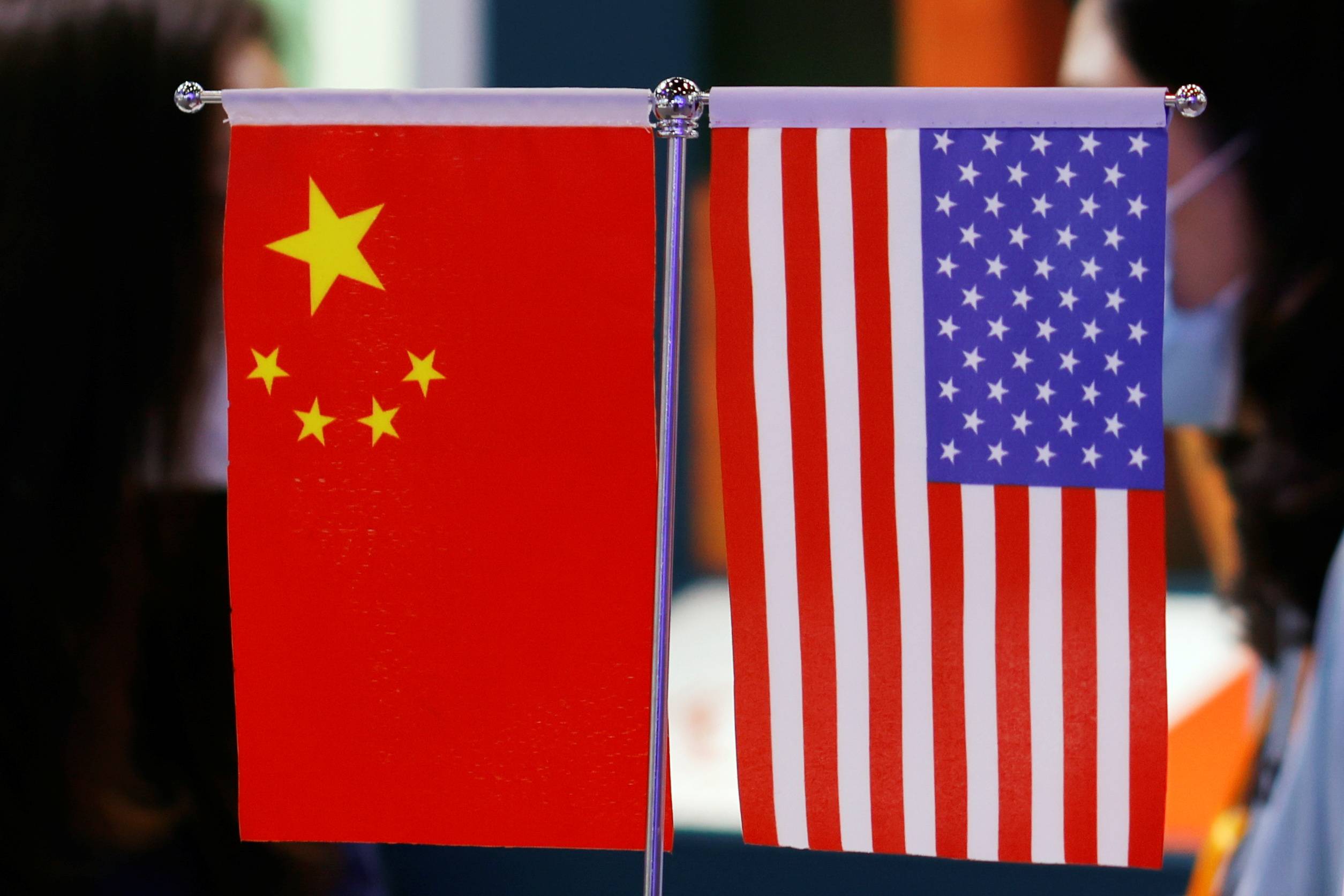It is now widely accepted that the economic and technological relationship between the United States and China will be characterized by some combination of strategic cooperation and strategic competition.
Strategic cooperation is largely welcomed, because addressing shared challenges, from climate change and pandemics to the regulation of cutting-edge technologies, demands the engagement of the world’s two largest economies. But strategic competition tends to be viewed as a worrisome, even threatening, prospect. It need not be.
Anxiety about Sino-American competition, particularly in the technological domain, reflects a belief on both sides that a national-security-based, largely zero-sum approach is inevitable. This assumption steers decision-making in an unconstructive, confrontational direction and increases the likelihood of policy mistakes.



















With your current subscription plan you can comment on stories. However, before writing your first comment, please create a display name in the Profile section of your subscriber account page.